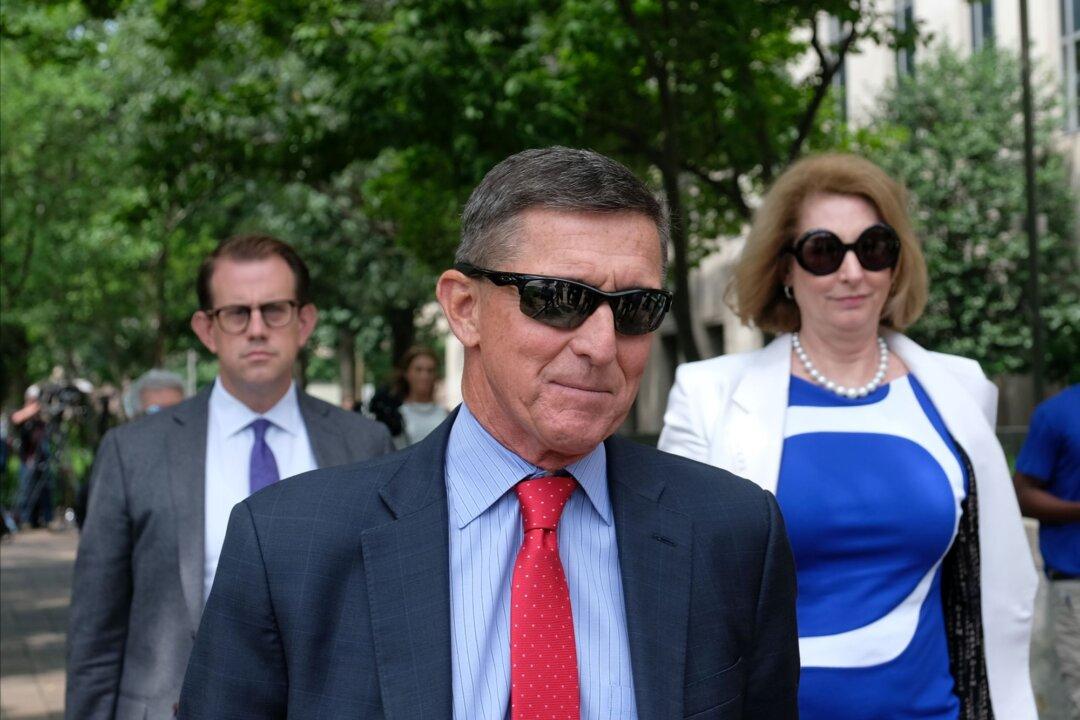Sidney Powell, the lead lawyer for former Trump adviser Michael Flynn, went scorched earth on the federal judge presiding over the case, accusing him of bias and improper conduct in harsh terms.
“Judge Sullivan’s increasingly hostile and unprecedented words and deeds in what has become his own prosecution of General Flynn mandate his disqualification from further participation in these proceedings and the referral of his conduct to the D.C. Circuit Judicial Council,” said Powell, a former federal prosecutor, in the Oct. 7 motion to disqualify District Judge Emmet Sullivan (pdf).





